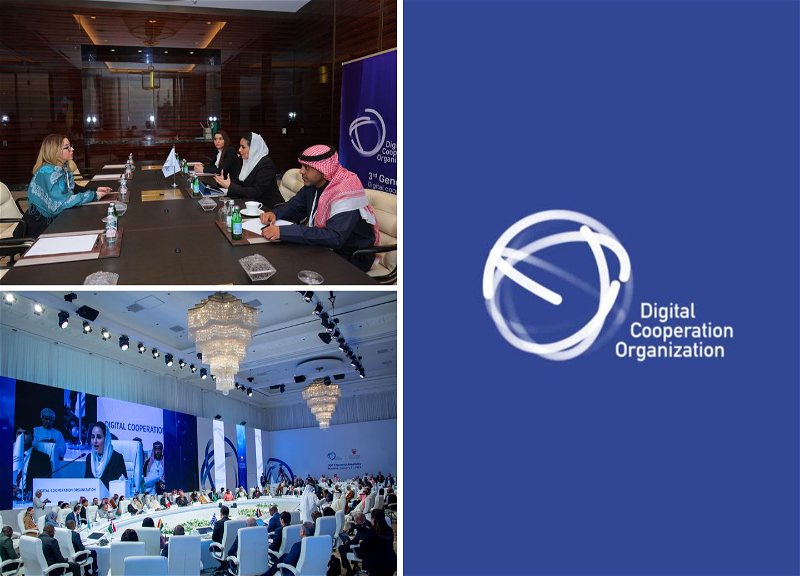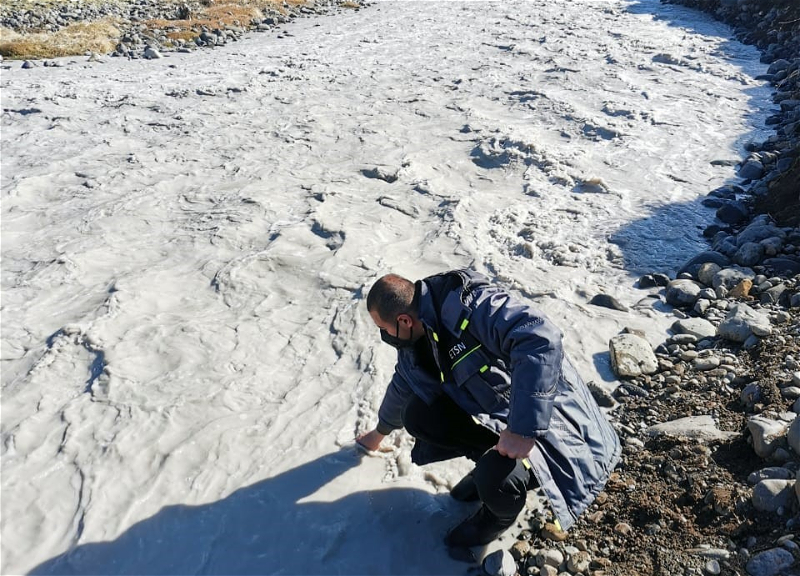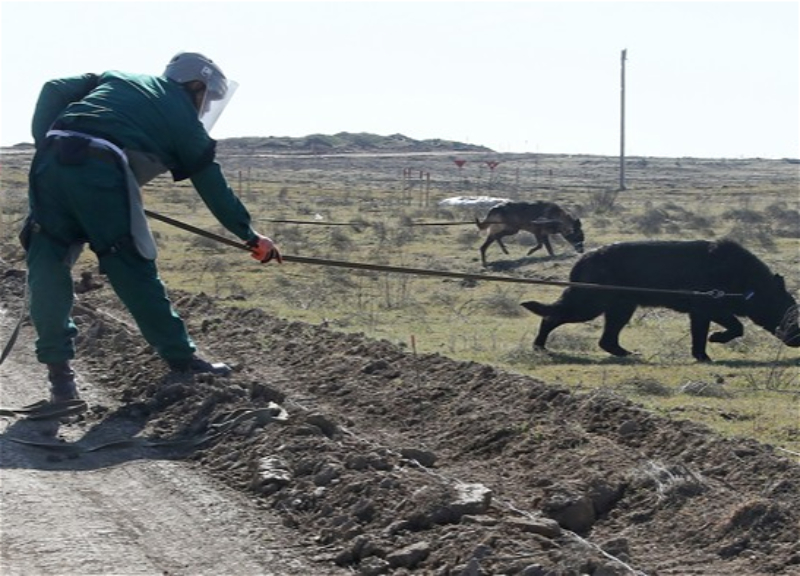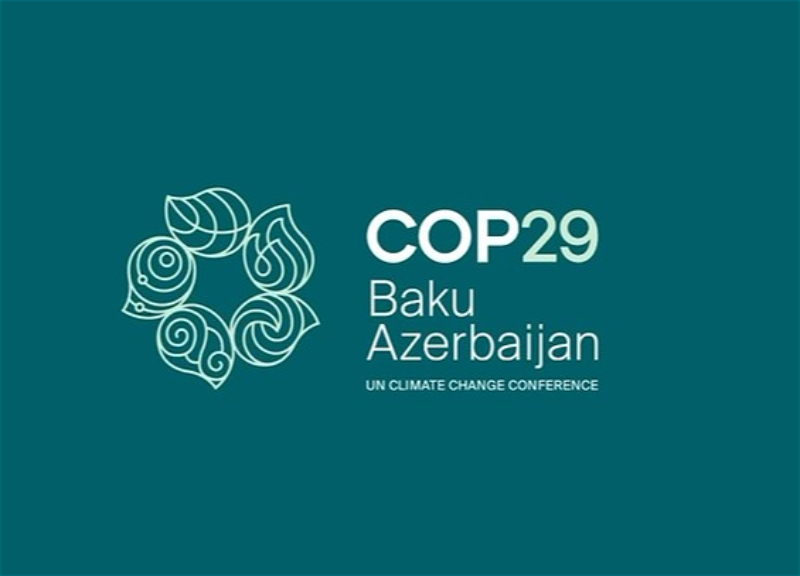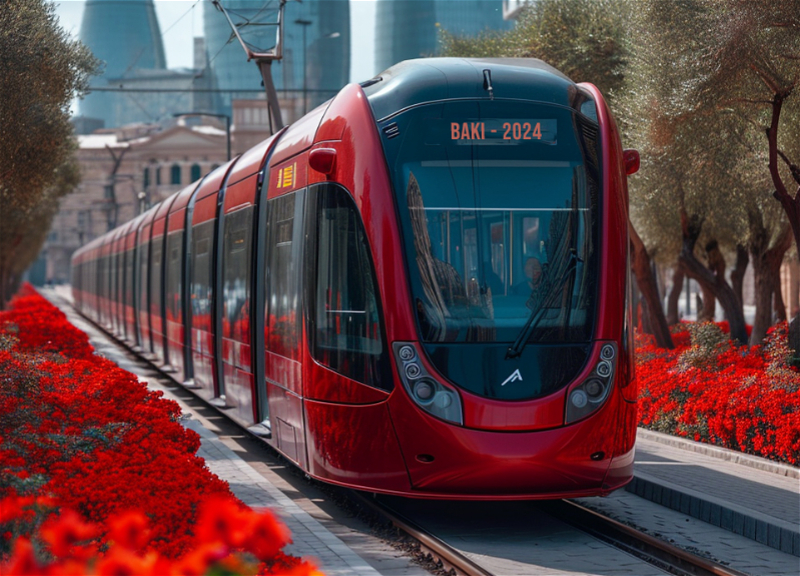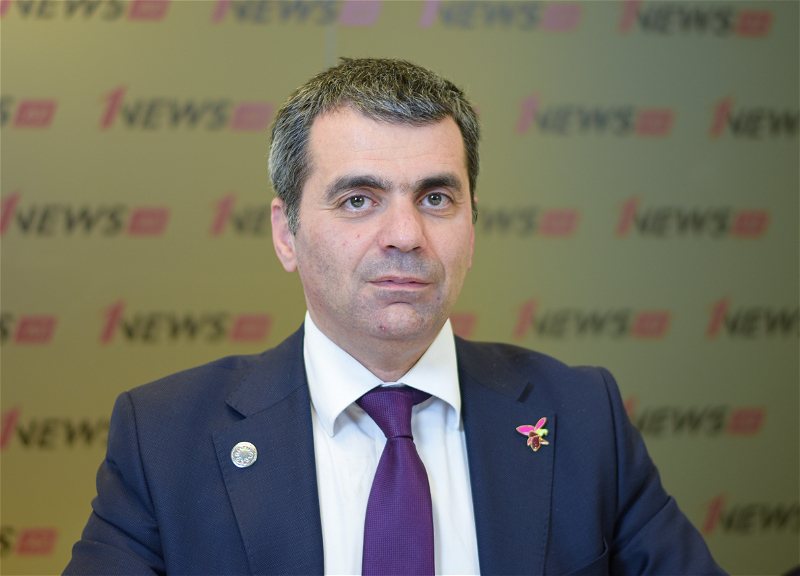Modern Diplomacy: Azerbaijan’s geo-economic expansion prospects: Conventional or emerging markets?
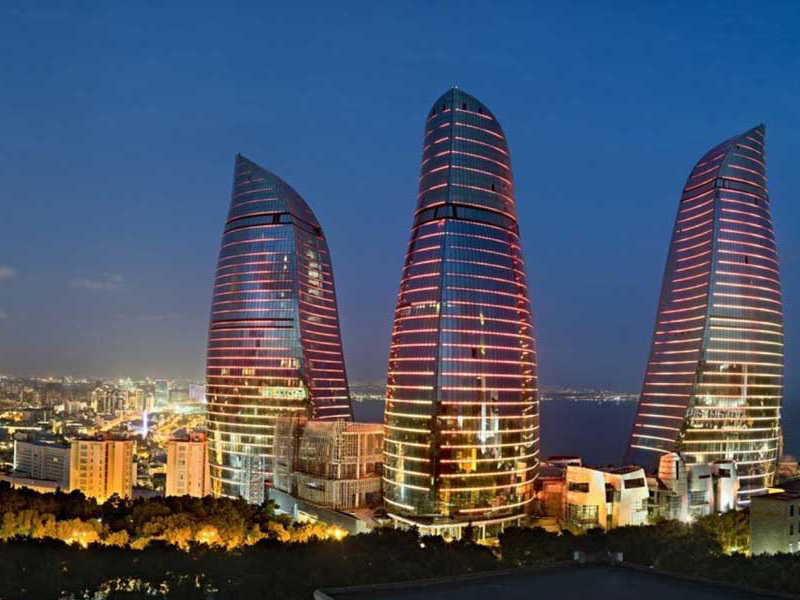
By Azar Hasanli
In the background of global geo-economic shifting, nation states confront significant challenges in terms of appropriate positioning. In case of Azerbaijan, these challenges are also related to regional geopolitical imbalances as well as structural problems existing in the national economy.
Throughout its independence, Azerbaijan has pursued the way to formulate its foreign economic relations through maximizing its economic benefits in the context of achieving relevance to its national interests. Indeed, country’s geographical location and economic strength gained thanks to oil boom gave birth to the possibility of formulation of Azerbaijan as a regional geo-economic pivot.
Azerbaijan iscurrently conducting multi-vectorial geo-economic development strategy in order to maximize its geographic advantages as well as maintaining better positioning in the framework of massive realignments observing in global economic architecture.Looking through of the policy frameworks which encapsulate country’s medium and long-term economic vision, it becomes obvious that Azerbaijan will continue to adjust these strategies to the “new game rules” of geo-economic shifting.
However, it should also be mentioned that in some cases, Azerbaijan’s geographic location takes part as an impediment rather than advantage.Referring to conventional understanding of the concept of “space”, Azerbaijan has only limited number of spaces in which geo-economic sustainability can be realized. However, shifting from geopoliticsrelying on the dominance over geographic basins to the geo-economics which relying on controlling financial and trade flows creates an excellent opportunity for Azerbaijan to tackle with this problem. In this regard, it should be emphasized that successful realization of trade-logistics and energy transport projects in recent years have created a sound ground to continue geo-economic expansion in the new stage of economic development. But the question currently standing in front of this expansion strategy is that which markets or “geo-economic spaces” should be main target?
Assessment of trans-regional projects initiated or supported by Azerbaijan during last two decades indicate that these initiatives are mainly directed to mitigate EU’s dependence on several routes or building an appropriate infrastructure to bolster these countries’ trade relations with Central Asian countries. This factor was strategically and economically beneficial for Azerbaijan in terms of getting better access to European markets and eliminating infrastructural backwardness inherited from Soviets. However, as aforementioned, current realignments in geo-economic landscape make it necessity to add new directions and quality features to the geo-economic expansion strategy of the country.
In this regard, Strategic Road Map for the perspectives of the national economy which approved by President Ilham Aliyev in late 2016 can be accepted as a reliable guide to find answer to the question put above. It is not secret that in recent years, we are observing geo-economic shifting from Euro-Atlantic region to the Asia-Pasific. This shifting is gradual and time-consuming process and cannot be constrained only by Chinese economic expansion or South Korean success story.
According to the World Bank, over the next three years the $75 trillion global economy will expand by more than $6.5 trillion in size. It is also estimated that China and India will be among Top 3 contributors to real GDP growth predicted for 2018-2020 while Turkey, Indonesia, South Korea and Japan will be also among major contributors.Furthermore, emerging and developing Asia seems will be achieved to quadruple its share in global GDP based on PPP during 1980-2020.
In the light of these figures, it can be put forward that Azerbaijan can take more benefits through getting better access to these emerging Asian markets. Furthermore, taking into consideration country’s medium and long-term economic vision in which acceleration of joining to global value chains has been mentioned as one of the strategic targets,integration to these markets promise more economic gains. The scale of these gains will not be constrained only in the framework of monetary or financial units. Particularly, significant progress achieved in realization of North-South and East-West transport corridors in recent years, additionally much brighter prospective transport projects which are expected to be realizedin the near future will lead to increase Azerbaijan’s geo-economic importance. This achievement can be accepted as a result of continuous efforts made by Azerbaijan during last two decades. As mentioned by President Aliyev, situated between Europe and Asia, Azerbaijan will continue to use wisely its geographical location to become one of the leading transportation hubs in Eurasia. Pursuant to his opinions, it is highly predictable that Azerbaijan geo-economic expansion will continue in accordance with regional and global economic landscape movements.
Getting efficient positioning in regional integration movements which dominantly shaping under priority of national interests is one of the key directions of Azerbaijan’s geo-economic expansion strategy.In this regard, preserving independence in integration processes is one of the significant imperatives in Azerbaijan’s foreign economic and trade relations.It is worth to mention that Azerbaijan, unlike to some of other region countries, still preserves independence in making choices regarding with integration movements. Therefore, Azerbaijan’s current stance lets us put forward the idea that consistence of joining to such type of integration movements with the country’s strategic foreign and domestic economic targets is more deterministic imperative rather than nominal participation.This hypothesisalso involves some insights regarding with the issue that in which direction geo-economic expansion ought to be continued in the following years.
On the macroeconomic and foreign trade perspective, it is worth to emphasize that Azerbaijan has achieved significant growth rates during 2004-2014. After some adverse effects of oil price crunch after 2014 Azerbaijan economy is currently in the process of adjusting new equilibrium points.This process is conducting not only through improving macroeconomic indicators, but also through making changes in geographic orientation of the country’s foreign trade relations. According to the official figures, the share of Asian markets is averagely 38% in exports and 39% in imports. However, analyzing of commodity structure of this trade turnover exhibits that in exports low value-added commodities dominate while in imports particularly medium and high value added ones take the lion share. This structure of trade relations with Asian countries brings forth some challenges in terms of diversifying commodity structure of exports as well as increasing turnover with these emerging economies. Therefore, in the context of geo-economic expansion, it would be more reasonable for Azerbaijan to pay much attention to join global value chains appearing in these markets. Additionally, thanks to already finished and prospective trade-logistics and transportation projects, Azerbaijan’s opportunities to benefit from new trade reality which involves geographical fragmentation of production is increasing. This new reality offers to accelerate diversification of economy with limited resources avoiding from conventional barriers existing in small economies such as Azerbaijan.
Finally, Azerbaijan seems very determined to become a geo-economic pivot in its region relying on its comprehensive and continuous development strategies and rising international economic competitiveness which achieved during recent years. This deterministic stance will continue through shifting beyond a new quality stage of geo-economic expansion in the era of formulation multipolar global economic order. This shifting additionally requires revision of geographic expansion postulates of the country’s geo-economic development strategies. The characteristics of this revisionwill be determined by systemic realignments in the global economy.
